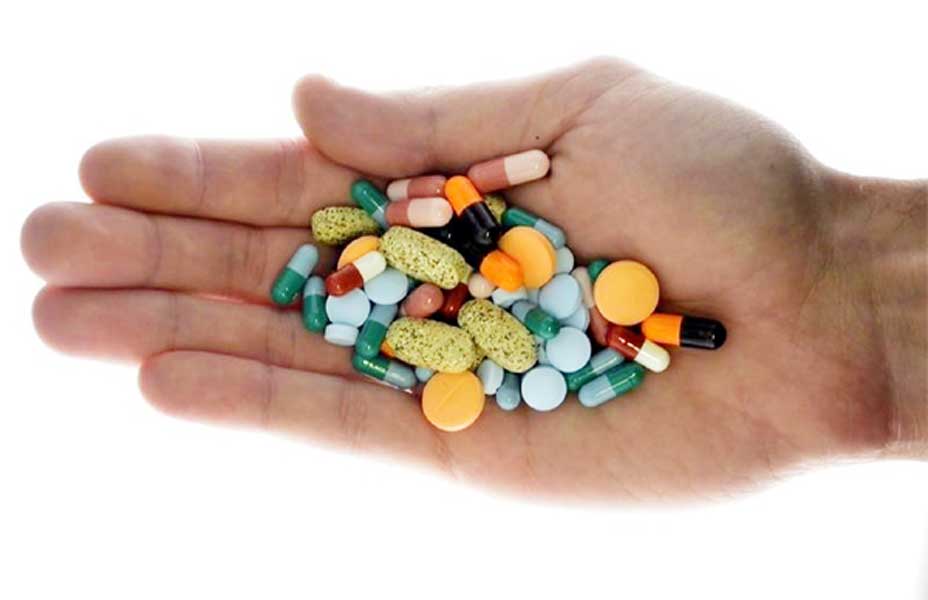
Published :
Updated :

The antibiotics are fast losing their efficacy against infectious diseases. That is because the bacteria responsible for those ailments have learnt to survive antibiotic treatment. Unprescribed and indiscriminate use of antibiotics is largely to blame for the bacteria to grow resistance to the drugs that are supposed to kill them. This is a frightening development on a global scale. As it came out from a recently-held seminar at the Bangabandhu Sheikh Mujib Medical University (BSMMU) where doctors expressed their concern that worldwide 700,000 people die of conditions called Antimicrobial Resistance (AMR) every year, which is another name for antibiotic resistance. According to the World Health Organization (WHO), the number may rise to as high as 10 million in 2050.
Bangladesh is also among the countries facing grave risks from AMR. The country's leading physicians at the said seminar came up with reports that should concern everyone. Even at the nation's premier institution of postgraduate medicine, (BSMMU), 52 per cent of the patients at its Intensive Care Unit (ICU) fail to respond to antibiotic drugs, while 21.5 per cent of the patients getting treatment at the hospital's heart, kidney, pediatric and neonatal units are reportedly found to be antibiotic resistant. The most alarming part of the report is that of the three groups-access, watch and reserve--of antibiotics the doctors apply against increasing levels of infection, even the 'reserve group' is proving worthless against many ICU patients at the hospital. Notably, the 'reserve group' is used as a last resort to treat bacterial infections. The 'watch group' to treat high level of infection is being used in the 64 per cent cases at the BSMMU. That, in other words, means that the 'access group' that treats primary infection has already lost its relevance. This is coming from just one of the major public hospitals of the country. So, what is happening at the national scale is not hard to imagine. In fact, the application of antibiotics is not limited to infectious disease affecting humans only. Those (antibiotics) are being used with abandon in the livestock sector including poultry and fishery. As a result, 55 per cent of the poultry products are found to be affected by antibiotic resistant bacteria. People are unwittingly becoming antibiotics resistant by consuming those poultry products.
As reports go, 19 types of antibiotics are being used by poultry and the fisheries sector without proper guidance from veterinarians. Add to this the uncontrolled and unprescribed, the over-the-counter (OTC), or, worse, the quack-prescribed use of antibiotics all over the country. So, the people of this country are sitting on a veritable 'AMR bomb' ticking to explode! It is, as though, a backward journey to the pre-antibiotic era, before the discovery of penicillin, when people were helpless against any kind of bacterial infection. The only way left to face this uncalled-for, existential threat to the population from infectious diseases is to consider any application of antibiotic drugs without the prescription of a qualified doctor a criminal offence. Most importantly, as suggested by some experts at the BBSMMU seminar, the government should impose strictest control, where possible, total ban, on the use of antibiotics in the sector of animal farms including poultry and fisheries.
In addition, a nationwide awareness campaign should be launched against unrestrained use of antibiotics with the participation of activists from all sections of society including, of course, the media led by the health professionals. The government, meanwhile, should consider making unprescribed use of antibiotics punishable under the law.


 For all latest news, follow The Financial Express Google News channel.
For all latest news, follow The Financial Express Google News channel.